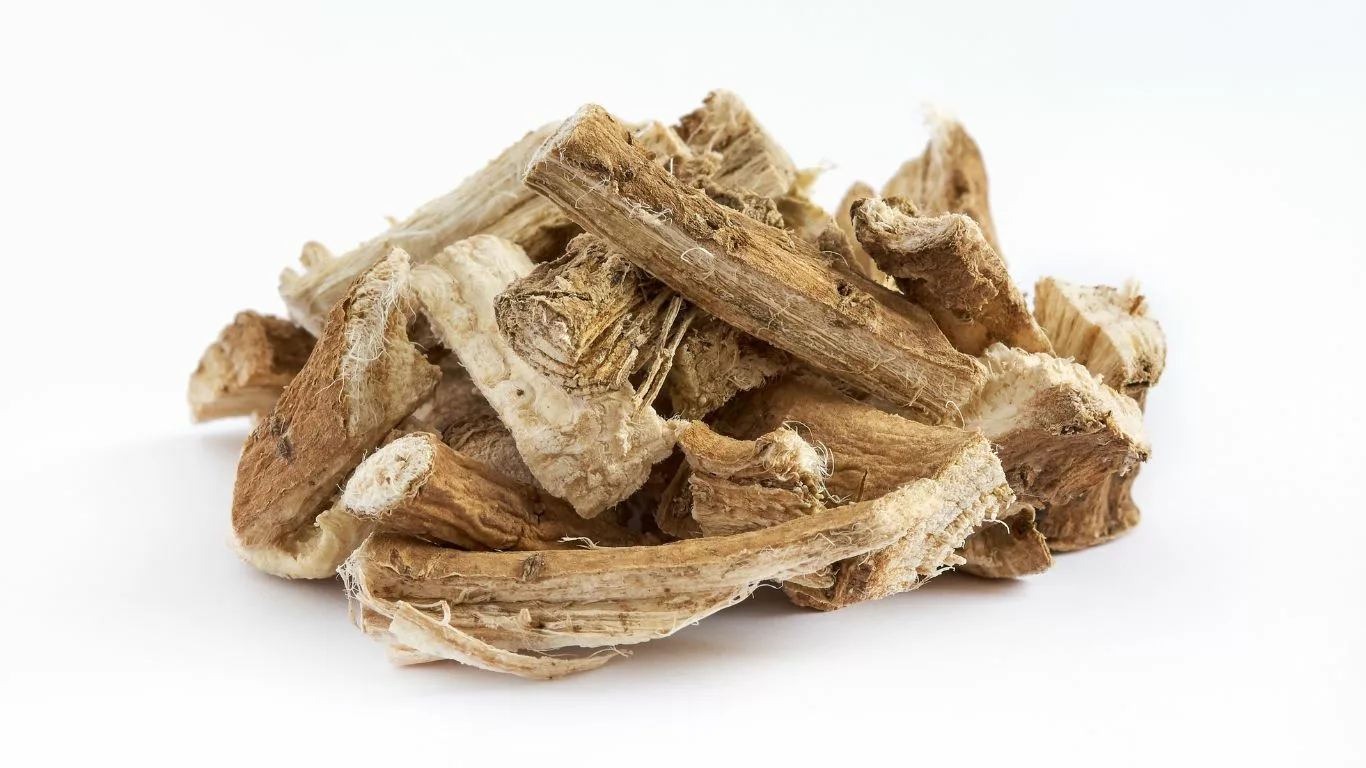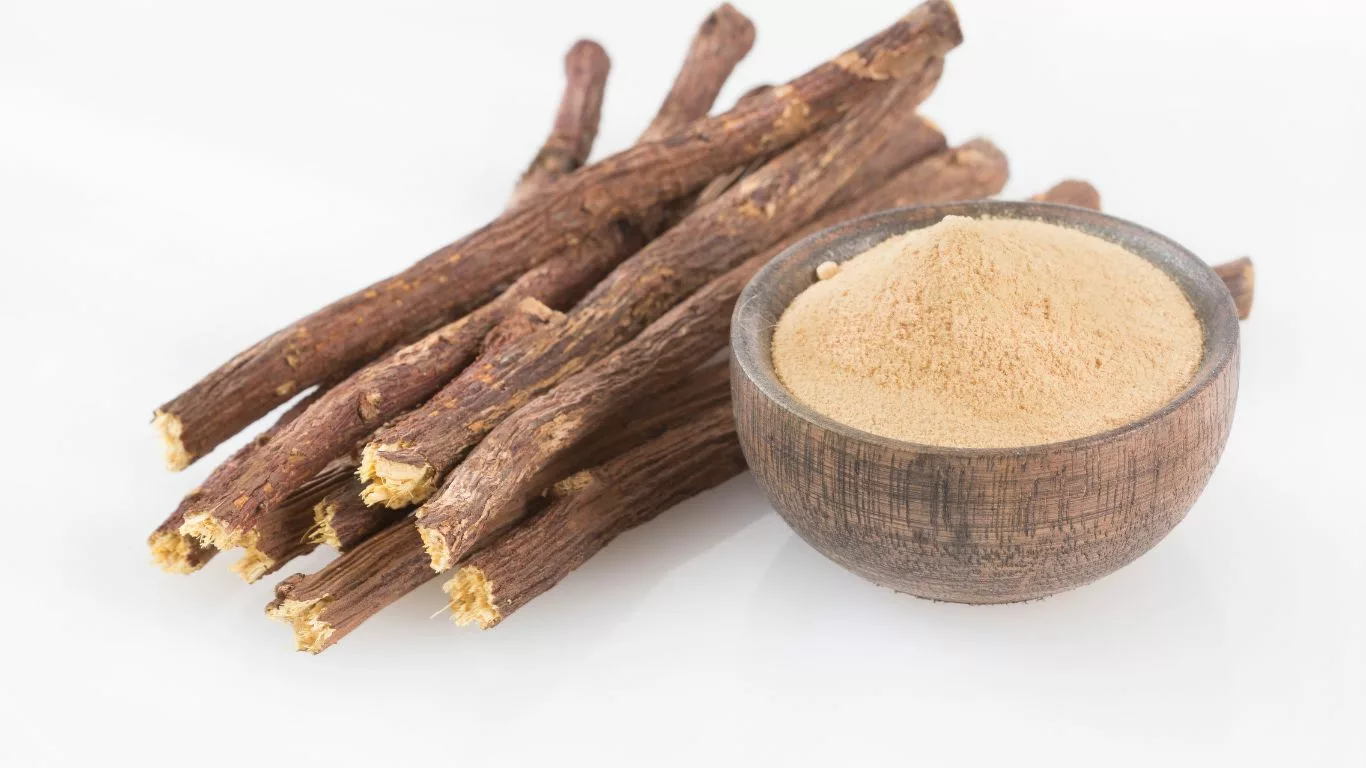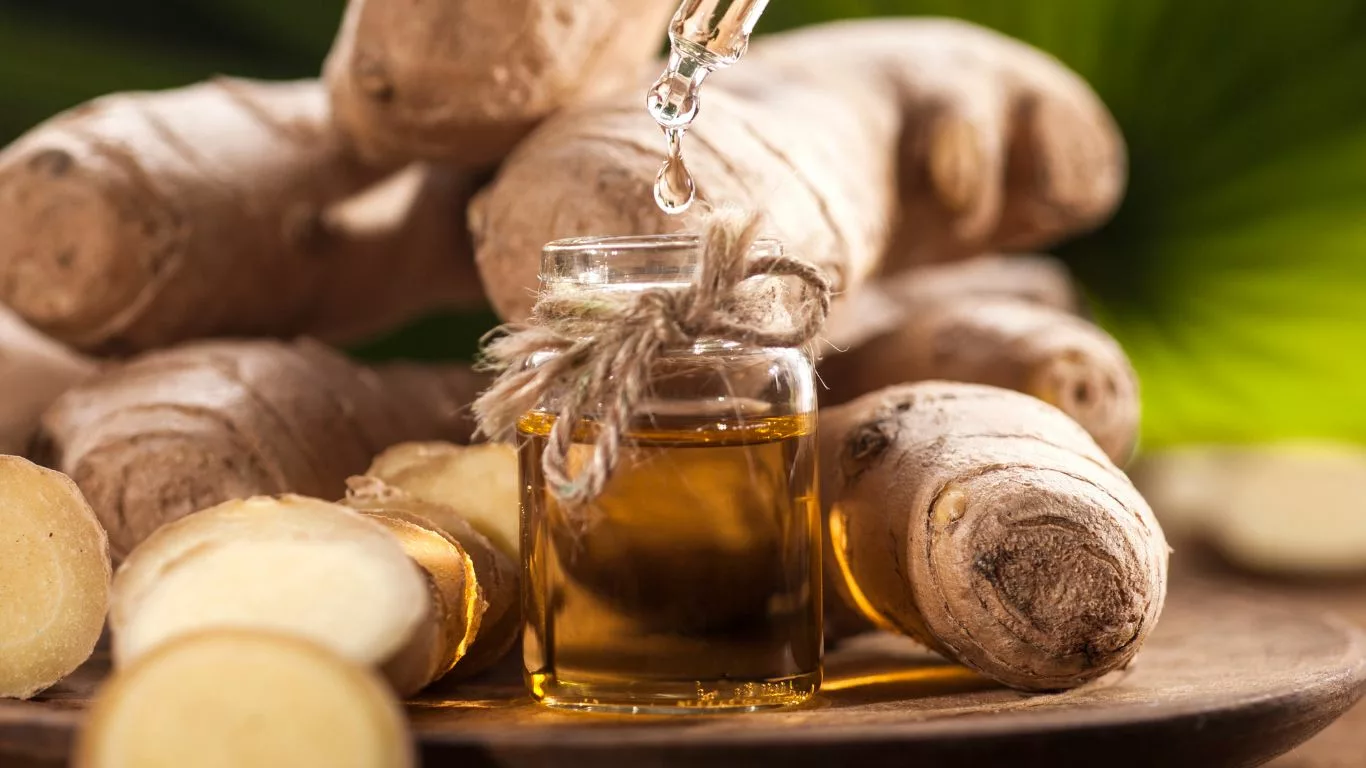What Is the Best Natural Supplement for Acid Reflux? – Finding Relief Naturally
Explore the potential of natural supplements for acid reflux relief. Learn about effective remedies, usage tips, and considerations in our comprehensive guide.
Acid reflux, also known as gastroesophageal reflux disease (GERD), is a prevalent digestive disorder that can cause discomfort and disrupt daily life. While medication is commonly used to manage symptoms, many individuals seek natural alternatives to alleviate their acid reflux. Among the plethora of options available, certain natural supplements stand out for their potential to provide relief. In this detailed article, we’ll delve into the best natural supplements for acid reflux, examining their effectiveness, usage tips, and important considerations.

Identifying Effective Natural Supplements
When searching for the best natural supplement for acid reflux relief, it’s essential to consider options backed by scientific evidence and anecdotal support. Several supplements have shown promise in managing acid reflux symptoms effectively. Here are some of the top contenders:
1. Ginger
Ginger has been used for centuries as a remedy for various digestive issues, including acid reflux. Its anti-inflammatory properties may help soothe the gastrointestinal tract and alleviate heartburn. Ginger supplements are available in various forms, including capsules, teas, and extracts.
2. Slippery Elm
Slippery elm is a tree native to North America, and its inner bark has been traditionally used to treat gastrointestinal conditions. It forms a gel-like substance when mixed with water, which may coat and soothe the esophagus, providing relief from acid reflux symptoms.
3. Marshmallow Root
Marshmallow root contains mucilage, a gel-like substance that coats the throat and esophagus, potentially reducing irritation and inflammation caused by acid reflux. It is available in supplement form or as a tea, providing a soothing effect on the digestive system.
4. DGL Licorice
Deglycyrrhizinated licorice (DGL) is a form of licorice root that has had the compound glycyrrhizin removed, reducing the risk of side effects associated with traditional licorice supplements. DGL may help increase mucus production in the stomach lining, providing protective benefits against acid reflux.

Usage Tips for Natural Supplements
Incorporating natural supplements into your acid reflux management plan requires careful consideration and adherence to usage guidelines. Here are some tips for effectively using natural supplements:
1. Consult with a Healthcare Professional
Before starting any new supplement regimen, consult with a healthcare professional, especially if you have underlying health conditions or are taking medications. They can provide personalized advice and ensure compatibility with your current treatment plan.
2. Start with Low Doses
When trying a new supplement, start with a low dose to assess tolerance and minimize the risk of adverse effects. Gradually increase the dosage as needed, based on your response and the recommendations of your healthcare provider.
3. Monitor Symptoms
Keep track of your acid reflux symptoms before and after starting a supplement regimen. Note any changes in frequency or severity, as well as any adverse reactions experienced. This information can help you and your healthcare provider adjust your treatment plan accordingly.

Considerations and Precautions
While natural supplements offer potential benefits for managing acid reflux, it’s essential to approach their use with caution and awareness of potential risks. Here are some considerations and precautions to keep in mind:
1. Potential Interactions
Certain natural supplements may interact with medications or exacerbate underlying health conditions. For example, ginger supplements may interact with blood-thinning medications, while licorice supplements may affect blood pressure. Always disclose all supplements and medications you’re taking to your healthcare provider to avoid potential complications.
2. Quality and Purity
Choose supplements from reputable brands that adhere to strict quality and purity standards. Look for products that have undergone third-party testing for potency and purity to ensure safety and efficacy.
3. Individual Response
Keep in mind that individual responses to natural supplements may vary. What works well for one person may not be as effective for another. It may require some trial and error to find the right supplement and dosage that works best for you.

Conclusion
Incorporating natural supplements into your acid reflux management plan can offer a holistic approach to symptom relief. With options like ginger, slippery elm, marshmallow root, and DGL licorice, individuals have a variety of choices to explore. However, it’s crucial to approach supplement use with caution, consulting with a healthcare professional and monitoring for any adverse effects or interactions.
By leveraging the potential of natural supplements alongside lifestyle modifications and dietary changes, individuals with acid reflux can work towards achieving greater comfort and improved digestive health.
Disclaimer: The information provided in this article is for educational and informational purposes only. It is not intended to be a substitute for professional medical advice, diagnosis, or treatment. Always seek the advice of your physician or other qualified health provider with any questions you may have regarding a medical condition. Never disregard professional medical advice or delay in seeking it because of something you have read in this article. Reliance on any information provided in this article is solely at your own risk.

Camellia Wulansari is a dedicated Medical Assistant at a local clinic and a passionate health writer at Healthusias.com. With years of hands-on experience in patient care and a deep interest in preventive medicine, she bridges the gap between clinical knowledge and accessible health information. Camellia specializes in writing about digestive health, chronic conditions like GERD and hypertension, respiratory issues, and autoimmune diseases, aiming to empower readers with practical, easy-to-understand insights. When she’s not assisting patients or writing, you’ll find her enjoying quiet mornings with coffee and a medical journal in hand—or jamming to her favorite metal band, Lamb of God.







